We discuss blending philosophy and neuroscience in unraveling the mysteries of free will
Who are you and how did you become interested in free will?
I am an Assistant Professor of Philosophy at Iona College where I also serve as a faculty member for the Iona Neuroscience program. I have previously worked in the Scientific and Philosophical Studies of Mind program at Franklin and Marshall College as well as previous appointments as a Lecturer at King’s College London and the University of Alabama.
My recent and forthcoming publications focus on issues of autonomy in terms of philosophical accounts of free will as well as how it intersects with neuroscience and psychiatry. One of the main questions I investigate is what neuroscience can tell us about meaningful agency (see here for my recent review of the topic as part of an extended review of research on agency, freedom, and responsibility for the John Templeton Foundation).
I became interested in free will via an interdisciplinary route. As an undergraduate at Grinnell College, I majored in psychology with a strong emphasis on experimental psychology and clinical psychology. During my senior year at Grinnell, I realized that I was fascinated by the theoretical issues operating in the background of the psychological studies that we read and conducted, especially issues of how the mind is related to the brain, prospects for the scientific study of consciousness, and how humans as agents fit into a natural picture of the world. So I followed these interests to the study of the philosophy of psychology and eventually found my way to the perfect fusion of these topics: the neuroscience of free will.
What is free will?
Free will seems to be a familiar feature of our everyday lives — most of us believe that (at least at times) what we do is up to us to some extent.
For instance, I freely decided to take my job or that I am acting freely when I decide to go for a run this afternoon. Free will is not just that I move about in the world to achieve a goal, but that I exercise meaningful control over what I decide to do. My decisions and actions are up to me in the sense that they are mine — a product of my values, desires, beliefs, and intentions. I decided to take this job because I valued the institution’s mission or I believed that this job would be enriching or a good fit for me.
Related: Neuroscience of Anxiety in the Bright Brain
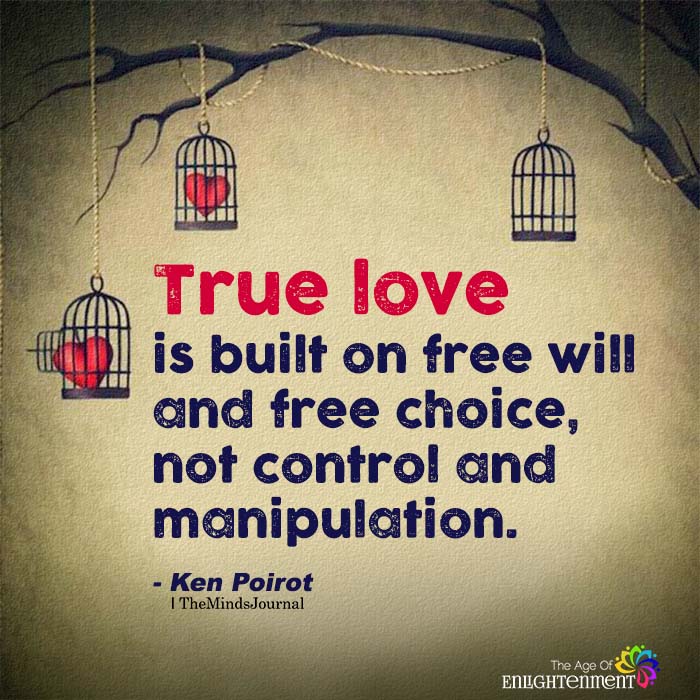
Correspondingly, it seems to me that at least at times I could have decided to and done something else than what I did. I decided to go for a run this afternoon, but no one made me and I wasn’t subject to any compulsion; I could have gone for a coffee instead, at least it seems to me.
Philosophers take these starting points and work to construct plausible accounts of free will. Broadly speaking, there is a lot of disagreement as to the right view of free will, but most philosophers believe that a person has free will if they have the ability to act freely, and that this kind of control is linked to whether it would be appropriate to hold that person responsible (e.g., blame or praise them) for what they do. For instance, we don’t typically hold people responsible for what they do if they were acting under severe threat or inner compulsion.
How do neuroscientists study free will?
There are plenty of sensational claims about the brain science of free will out there and lots of back and forth about whether or not science disproves free will (e.g., “My brain made me do it”).
Related: The Neuroscience of Drumming
Given the strong link between free will and systems of moral and legal responsibility, like punishment, the stakes are high not just for our conception of human nature, but also for our everyday practices that matter.
The current neuroscience of free will traces its lineage back to an influential experiment by Benjamin Libet and his colleagues. The majority of our actions begin with bodily movements, and most of us think that when we decide to move (e.g., decide to pick up my cup of tea), first I, the agent or person, decides and then I hand off control, so to speak, to the brain circuits for motor control to execute the action.
It was known since the 1960s from work by Kornhuber and Deecke that there is a slow buildup of negative brain activity in the supplementary motor area (SMA) and pre-SMA measurable by electroencephalography (EEG) just prior to voluntary (i.e., movement initiated by the participant) bodily movement.
This brain activity, called the readiness potential (RP), was taken to be neural preparation to move for spontaneous movements and starts about a half-second before the time of the movement (here).
So Libet and his fellow researchers ask when does the agent appears in relation to the RP? The agent’s decision has to be something measurable in the lab, so Libet asked participants to make movements (of the finger or wrist) at a time of their choosing and then report after the fact when they were first aware of their decision or urge to move using a modified clock (termed ‘W time’).
Libet found, contra the commonsense expectation, that the average reported time of first awareness of the decision to move, W-time, occurred almost a third of a second after the start of the RP. So Libet (and select others since) concluded that the RP is the brain’s unconscious decision to move with the agent’s decision occurring later (here).
Related: The Science Behind Mass Panic and How To Stay Sane During Coronavirus Outbreak
Libet took this as evidence that the conscious agent or self doesn’t initiate, or kick off, preparation to act, the unconscious brain does. He argued that this result is representative of how all of our voluntary movements are produced, and, if so, then the agent’s conscious decision to act doesn’t initiate the process leading to movement. But if the agent doesn’t play this initiating role in acting, how can it be up to me how I act?
These results have worried a lot of folks and inspired a booming research enterprise in cognitive neuroscience and philosophy. One shouldn’t jump to the depressing conclusion, though, that we don’t act freely or don’t really deserve any of the moral reactions others have to our actions; there is a healthy discussion on how the original Libet results can be interpreted as consistent with that picture of us humans as self-governing and free and moral persons.
W-time is taken to indicate the moment of awareness of a decision. Can we capture “moments of conscious awareness” scientifically?
Since the initial publication of Libet and colleagues’ study, worries about whether we could measure the time of conscious awareness have been voiced. After all, we are talking here about the timeframe of milliseconds.
What does the study reveal?
In these studies, all of the events measured prior to movement in the lab are happening within one second before the participant wiggles a finger or hand (now button presses are the preferred movement). Libet argued that W-time within a reasonable range was reliable since we can see how accurately participants in the lab estimate the time of other events, such as skin shocks. The reliability of W-time has recently been challenged yet again with a new study that concludes that depending on the order in which participants complete certain tasks in the experiment, W-time can be strikingly different (i.e., there is an order effect; see here).
Other researchers are currently exploring alternative ways to measure a decision to move in the lab, including work by Parés-Pujolràs and co-authors, who have been using an online (i.e., pre-movement) measure of the agent’s awareness of a decision to move (here).
Related: Your Partner Can Control Your Brain, Science Explains
In these studies, participants watch a continuous stream of letters on a computer while spontaneously pressing a button. Every now and then, though, the letters change color. When this happens participants are told to press the button just then if they were already aware of their preparing to press the button soon. These kinds of online measures of awareness may yet prove to be more reliable ways of getting at whether people have conscious intentions to act in the lab.
What’s the latest work on the neuroscience of free will?
Two of the hottest topics seem to be, first, what exactly the RP, that negative build-up of brain activity pre-movement, really signifies and, second, how we can make our voluntary actions in the lab more ecologically valid.
As to the first, the past decade has seen researchers investigating if we have evidence that the RP really does stand for a decision to move or, alternatively, if the RP just is the brain’s being biased to move in some way (say, left, instead of right) without the commitment to do so.
Related: Science Confirms: Stress Causes Premature Hair Greying
Others test the possibility that the RP isn’t really movement specific activity at all (e.g., general cognitive preparation to perform a task voluntarily). Others, such as Schurger and colleagues, have argued via empirical studies that the RP is the neural signature that we pick up when are actions are generated by neural noise crossing some threshold (here). That possibility would be alarming as then our actions, which we take to be undertaken by me for reasons, may really just be the passive result of fluctuating brain activity.
As to the second hot issue, researchers are now attempting to design tasks in the lab that are closer to the kind of decisions and activities that we engage in daily. Libet argued that a simple movement like a wrist flexor button press could stand-in for the more complex actions, as the RP has been shown to occur prior to more complex movements in the lab. Hence we could give a unified explanation of the timing of events involving practical decisions and bodily movements.
But many, myself included, have voiced concern that when to press a button or whether to press a left or right button, just isn’t the right kind of action to stake a claim that we as agents don’t initiate our actions via our conscious intentions to act.
Hence, some of the ongoing work involves making the choice of which button to press or when to press it meaningful via rewards or penalties for skipping ahead or value-laden options, such as charity donations.*
And, of course, there are plenty of neuroimaging tools at the disposal of cognitive neuroscientists. Some of the most interesting replications and extensions of the Libet findings have been done using singe-cell recording and fMRI among other technologies (see here and here, respectively).
Related: Science Confirms That Cats and Dogs Can See “Spirits” and Frequencies That Humans Can’t
In fact, the neuroscience of free will has been and currently is the focus of some major research grants, such as the Big Questions in Free Will project (2010-2014, Principal Investigator Dr. Alfred Mele) and the Consciousness and Free Will project (2019-, a collaboration across 17 PIs), each of which involves philosophers and numerous neuroscientific labs worldwide. From these grants, I think we should expect further clarity on what’s going on under the hood, so to speak, when we decide what to do and act voluntarily.
Are there any other results in neuroscience that tell us something intriguing about our agential control?
Yes, one of the aspects of our lives that seems the most undeniable is that we really do experience ourselves as in control of our movements and their effects in the world. There is a large body of work in cognitive neuroscience which focuses on this sense of agency via research on what’s been termed intentional binding.
Basically, if you ask participants in clever experimental set-ups to judge whether some event (e.g., icon moving on a computer screen) was the outcome of their agency or someone else’s (i.e., “I did that” judgments), participants tend to misjudge an outcome to be a result of their own agency if it is a positive one and misjudge an outcome to be the result of another’s agency if it is a negative one.
That is, there is a self-serving bias to explicit sense of agency judgments (For interesting results in this regard see Wegner and Wheatley’s 1999 paper here and other earlier work in psychology on attribution theory).
Cognitive neuroscientists have found a methodology to study our sense that we are in control of our actions and actional outcomes without surveying participants’ explicit “I did that” judgments. Instead, experimenters asked participants to judge the time of various events, including their movements (e.g., a button press) and the sensory outcomes of those movements (e.g., a beep following the button press).
Related: How Cognitive Distortions Harm Us
What researchers have found is that if you voluntarily press a button and hear a tone as a consequence, you are going to judge that the time of the movement and the time of the tone are much closer together in perceived space than if you are caused to move (via neural stimulation) and hear a tone as a consequence.
Related: Dogs Can Sense Bad People according to science
In other words, the perceived time of the action and the tone “bind together” in perceptual space when you act voluntarily as opposed to when you are caused to move or simply judge the time of events without acting (here). What’s intriguing about this research on agency, then, is that our perceptual judgments about the world seem to distinguish when we act from when something is done to us. Research work on intentional binding has tackled more ecologically valid issues of sense of agency when acting under emotional distress, due to coercion, and in the face of options.*
* Neuroscientists working on more representative kinds of decisions and/or sense of agency in more ecologically valid contexts include researchers in the UCL Action and Body Lab at University College London and The Brain Institute at Chapman University, among others.
Written by Scott Barry Kaufman
Originally appeared in Scientific American
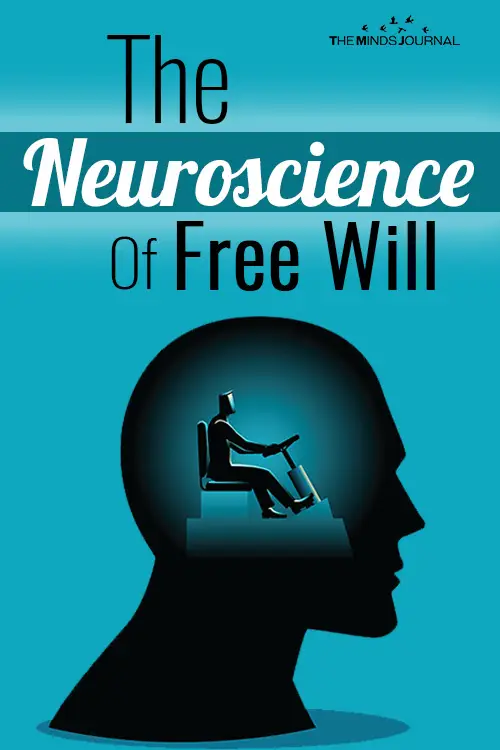
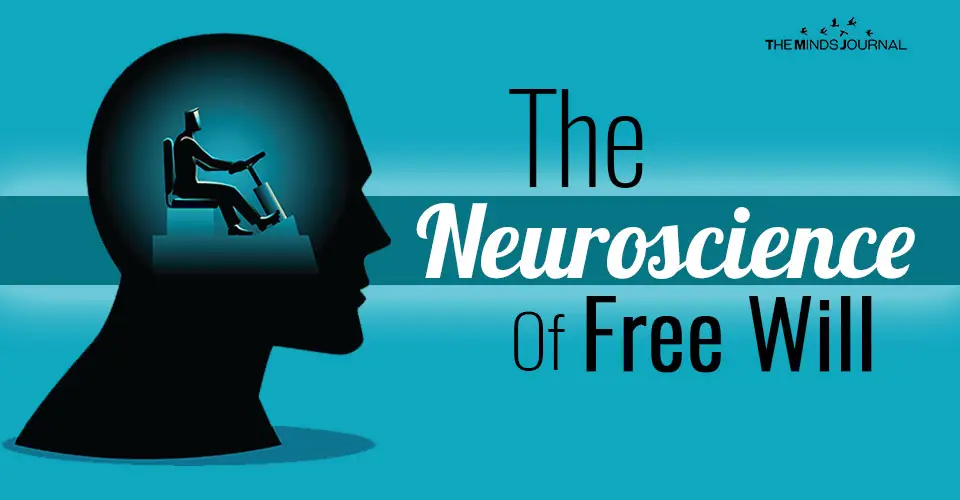


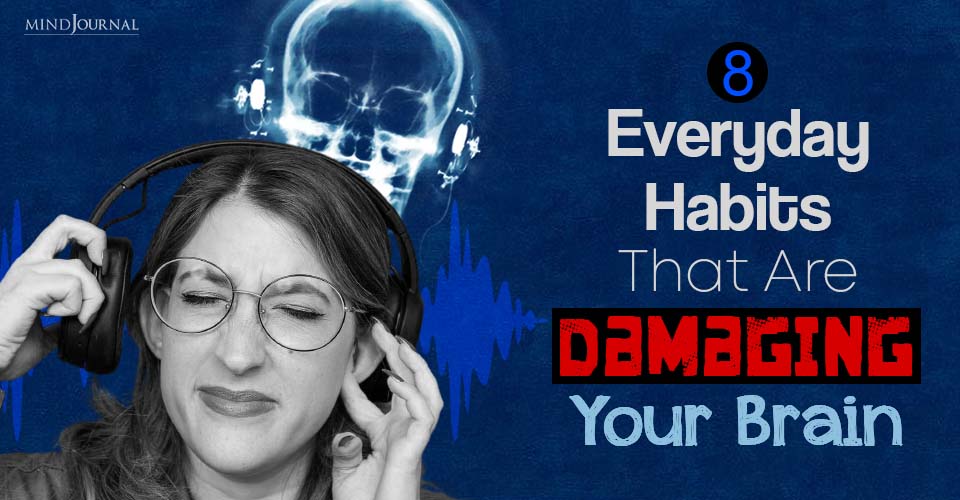



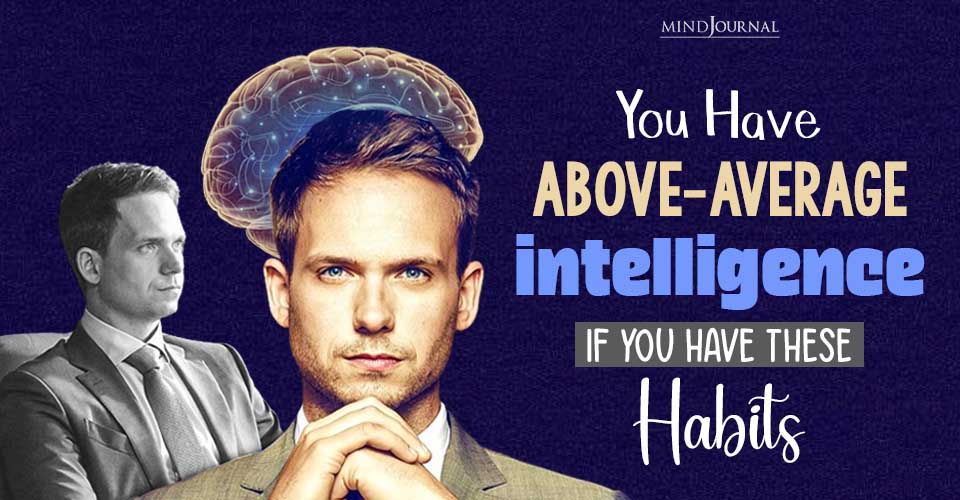
Leave a Reply
You must be logged in to post a comment.